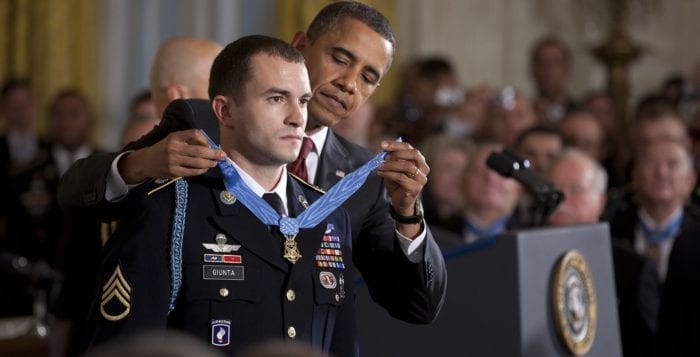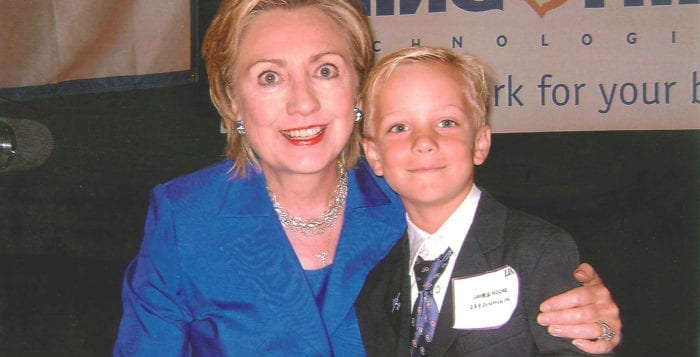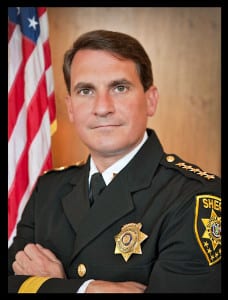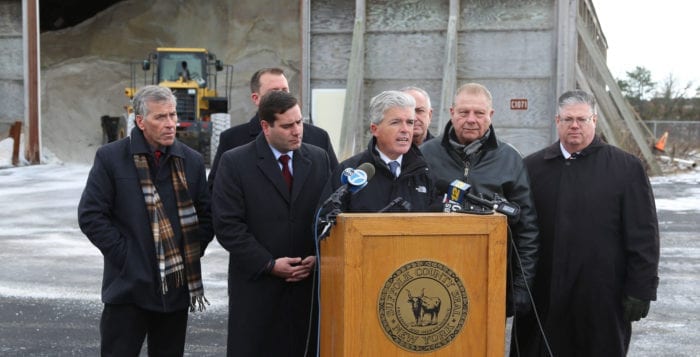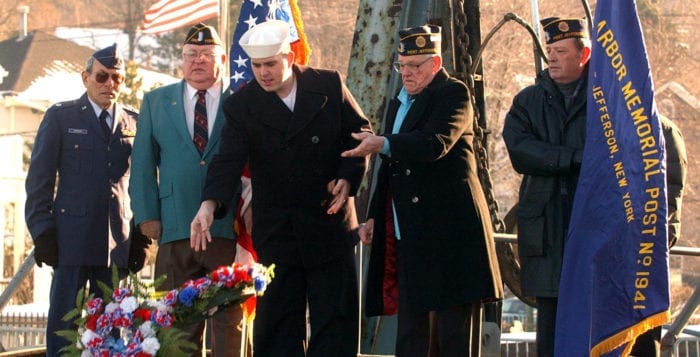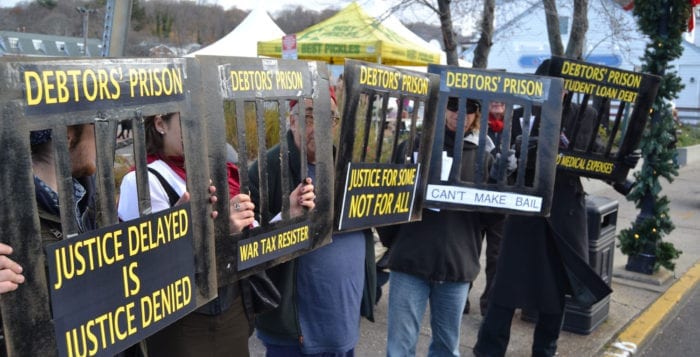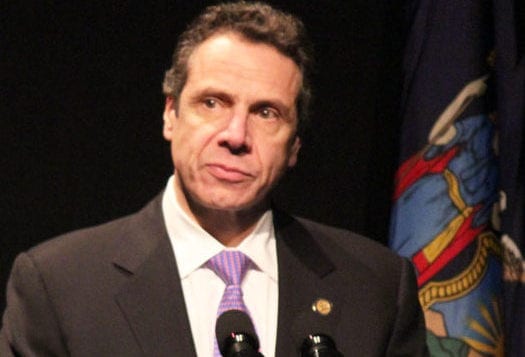For an audio version of this article, see above.
Whether you love him or hate him, take a moment to reflect
By Michael Tessler

This piece is not an evaluation of the president’s legislative accomplishments or failures. or even his politics — but rather a reflection of the very personal impact the 44th president had on one 15-year-old boy from Port Jefferson.
It was 2008 and I was just coming of age. Then I saw him on television, delivering his iconic “Yes We Can” speech. In that moment Barack Obama instilled in me a genuine sense of hope, a firm belief that in the course of human history it is possible to make a lasting difference. His words transformed my perception of our Constitution. No longer was it a thing of antiquity, but rather something tangible, something alive, and worthy of any sacrifice to protect.
My sense of purpose and my role in our democracy cemented itself in those early days of 2008. At 15 I found myself going to school in a blazer adorned with Obama/Biden ’08 and button sporting an Afro worthy of the Jackson 5. My teachers were endlessly amused at the sight. Some of my skeptical peers would ask me: “If you’re not old enough to vote, why do you care?”
On Tuesday, Nov. 4, 2008, at 15 (and a half) I hurried back from Drama Club rehearsal with my best friend Jonathan to watch the poll results come in. This was the first election I had ever volunteered for. My family huddled around our television, my
anxieties and nerves were relentless, and then they called it — “Barack Obama has been elected the 44th president of the United States of America.” Despite having not yet lived through a full decade, tears streamed from my eyes. My country, our country, the greatest country on Earth, had just elected its first African-American president.
In that moment I saw the unending potential of America that our founders envisioned so long ago in Philadelphia. During his inaugural address, his tone changed. Like every commander-in-chief he was inheriting the weight of the most powerful office in the world. So he called upon me, as he did all Americans, to not become complacent in the future of our union — and so my work began.
Though I didn’t know it at the time, I had established what would later become known as the International Youth Congress — an organization whose aim it was to answer that question: “If you’re not old enough to vote, why do you care?”
No generation chooses to inherit the world, we just do. Despite not having a vote, our voices were no less diminished. For six years our organization grew: helping passing legislation, providing education and resources for young people around the world and eventually building a network of youth leaders from six different continents and over 20 separate countries. We were making that great hypothetical “change” possible. From as far as Rwanda, to Pakistan and Spain we gathered together to chart a common vision for the future based on our shared sense of humanity.
In these past eight years we’ve all grown up and have taken it upon ourselves to serve our communities, nation and world — whether working for the United Nations, Foundation of Economic Education, United States Senate, European Youth Parliament, International Labour Organization, the White House or this very publication. That spark would have never been lit had it not been for a certain presidential candidate with a funny name and big ears.
No legislative accomplishment or disagreement will ever measure up to the enormous inspiration Barack Hussein Obama delivered not just to me but to millions of young people around the world. His time in office has come to its constitutional conclusion, but for those whom he has inspired … we’re just getting started.
Though as I grow older my politics have changed and evolved, and we don’t always see eye to eye, I will always be grateful for that timeless creed bestowed upon a generation raised in a weary era of uncertainty — Yes We Can. Thank you Mr. President, wishing you and your family nothing but happiness in the many years ahead.

